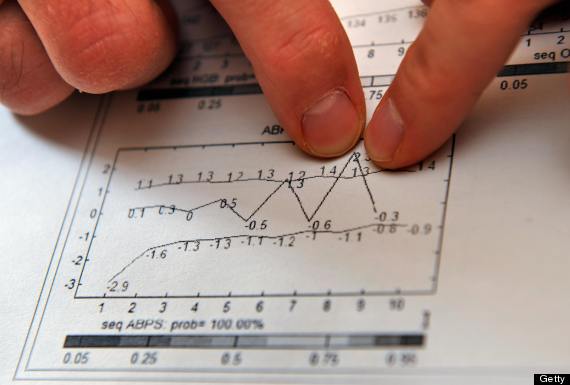Tennis announces new measures against doping
 0 Comment(s)
0 Comment(s) Print
Print E-mail Shanghai Daily, March 8, 2013
E-mail Shanghai Daily, March 8, 2013
|
|
|
Biological passports will be used against doping. |
Tennis is adopting the biological passport program and increasing the number of blood tests as part of a new anti-doping drive that players themselves have demanded.
With the sport under pressure to do more against doping, the International Tennis Federation said yesterday the measures will go into effect this year on both the men's and women's tours in an effort to ensure the game is clean.
The biological passport tracks a player's blood profile over time for any changes that could indicate doping. The system is already applied in track and field and cycling and has resulted in sanctions against athletes without positive tests. "The implementation of the athlete biological passport is an important step in the evolution of the tennis anti-doping program as it provides us with a great tool in the fight against doping in our sport," ITF President Francesco Ricci Bitti said.
The ITF said the project will mean an increase in the number of blood tests carried out each year, as well as an overall rise in out-of-competition controls, which are considered the most effective method for catching cheats.
The move follows a meeting this week of an anti-doping group comprised of officials from the ITF, ATP, WTA and the four grand slam tournaments. All the bodies expressed "unified support" for the program, the ITF said.
Additional funding will be provided by all the governing bodies and administered by the ITF.
Bill Babcock, director of the Grand Slam Committee, said the biological passport program "is essential to ensure that tennis remains a clean sport for the future".
Regular drug-testing
Players are already subjected to regular drug-testing for substances prohibited by the World Anti-Doping Agency.
In the wake of cyclist Lance Armstrong's admission that he doped during his seven Tour de France victories, tennis and other sports have come under scrutiny for their own anti-doping programs. Leading tennis players, including Roger Federer and Andy Murray, have called for more out-of-competition and blood testing.
"The players have been clear that they support increased investment in anti-doping and we feel that this is the most effective way to show the world that tennis is a clean sport," ATP President Brad Drewett said.
Tennis has been criticized for a lack of rigorous testing, particularly blood controls. The ITF and WADA conducted only 21 out-of-competition blood tests - used to detect growth hormone, EPO, transfusions and other blood-doping substances - in tennis in 2011. The vast majority of tests in tennis in 2011 - 2,019 of a total of 2,150 - were urine.







Go to Forum >>0 Comment(s)